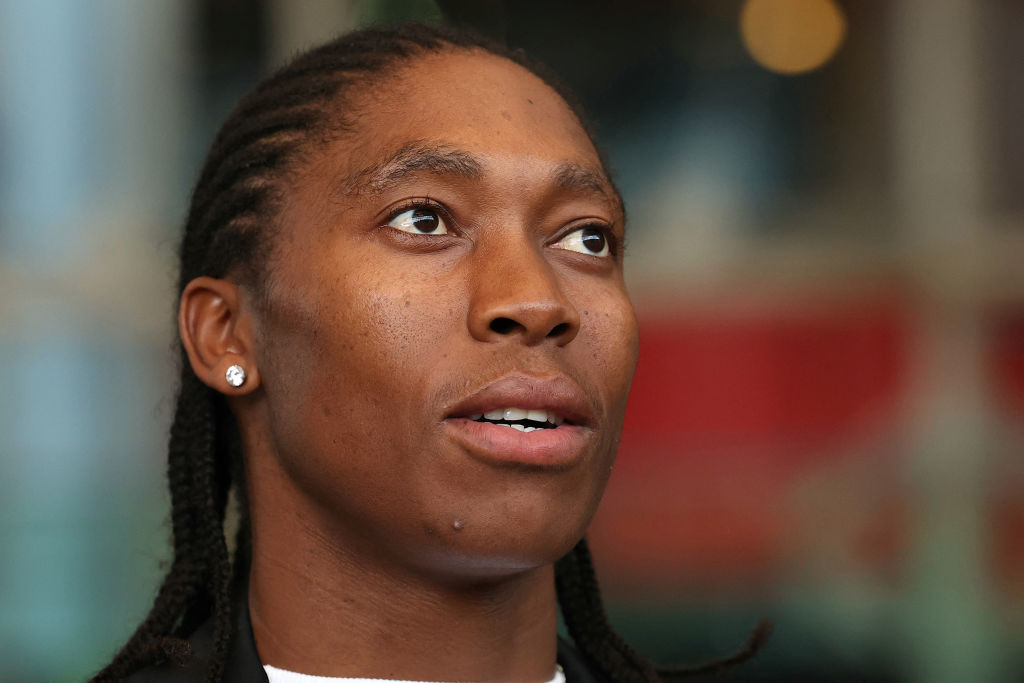
Caster Semenya competes in the World Athletics Championships in 2022 (Andy Lyons/Getty Images for World Athletics)
Two-time Olympic champion Caster Semenya is celebrating a partial victory in her case regarding the eligibility of athletes with differences of sexual development (DSD).
On Thursday (10 July), the European Court of Human Rights (ECHR)ruled that the Swiss Federal Supreme Court had violated the South African middle-distance runner’s right to a fair hearing when she lost an appeal against rules that barred her from competing.
Semenya, who was born with DSD, resulting in her having higher levels of testosterone than many other women, has been unable to compete at 800m since 2019 – she won the gold medal in London in 2012 and retained her Olympic title in Rio four years later.
Governing body World Athletics announced rule changes to testosterone levels for in April 2018, which took effect in races longer from 400m to the mile the following year. Semenya claimed this was discriminatory.
World Athletics defended the changes, which were expanded in 2023.

In 2020, Semenya lost a challenge to the rules at the Court of Arbitration for Sport (CAS) in Switzerland. This was escalated to the ECHR which ruled in 2023 that Switzerland’s Federal Supreme Court hadn’t protected her rights in the earlier case.
This was escalated again to the ECHR’s Grand Chamber, which delivered Thursday’s ruling. It said in a press release that the CAS “had fallen short” of its requirement under Article Six of the European Convention on Human Rights to give Semenya the right to a fair hearing.
Other complaints made by the athlete, including the right to respect for private life, were ruled inadmissible and “did not fall within Switzerland’s jurisdiction”.

Semenya celebrated the verdict and the BBC quoted her as saying the outcome was “great for me, great for athletes”. She went on to say: “This is a reminder to the leaders [that] athletes need to be protected. “Before we can regulate, we have to respect athletes and put their rights first.”
The latest verdict only covered the Swiss government so won’t affect rules set down by World Athletics.
A representative for World Athletics told PinkNews: “As this case is not about our female eligibility guidelines but rather about a fair hearing in Switzerland or not, we will leave it for Switzerland for any comment.”
Share your thoughts!Let us know in the comments below, and remember to keep the conversation respectful.
How did this story make you feel?
Sending reaction…
Thanks for your feedback!
